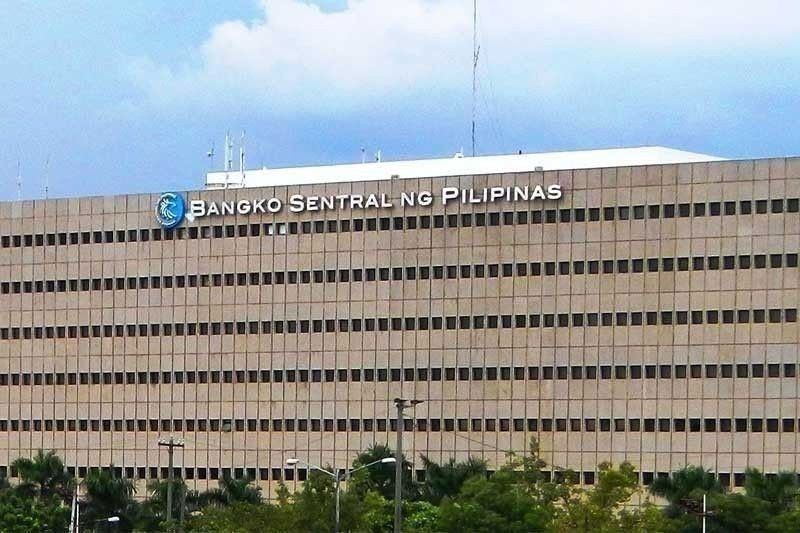BSP confident Philippines will overcome challenges

MANILA, Philippines — External developments are very challenging to an inflation-targeting central bank like the Bangko Sentral ng Pilipinas (BSP), but the Philippines is likely to emerge stronger and wiser, according to BSP Governor Felipe Medalla.
In his keynote address during the 2nd International Research Fair, Medalla said many things are now changing outside the Philippines, making it very challenging for the BSP.
“While many things are now changing outside the Philippines that are now, to say the least, very challenging, especially to an inflation-targeting central bank like the BSP, I always like to remind myself that its core policymaking remains guided by forecasts of GDP (gross domestic product) growth and inflation rates, how our policies can affect them, and the lag between the policies and their effects,” Medalla said.
The BSP chief cited a case in 2015 and 2016 when inflation averaged 0.7 percent and 1.3 percent, respectively, way below the central bank forecast of close to the mid-point of its two to four percent target.
The country’s GDP expanded by 6.3 percent in 2015 and by 7.1 percent in 2016.
“Also, the entire time that prices were below the target, people readily accepted our mantra: that monetary policies need not respond to transitory supply shocks. And they actually accepted that two years was transitory; that’s how kind they were to us,” Medalla said.
According to Medalla, the BSP never complaints about being behind the curve or that the country’s monetary policy was too tight.
“Fast forward to the present and the situation is, of course, now much more difficult. People don’t want to hear that our tools are not very good in addressing supply shocks. They don’t care who; they want somebody to solve the problem. They, or at least the noisier part of the gallery, also want us to raise interest rates much more,” Medalla said.
The BSP started its interest rate liftoff after it delivered a 25-basis-point rate hike last May 19, the first in more than three years or since November 2018, followed by another 25 basis points last June 23 to anchor inflation expectations.
The back-to-back rate hikes brought the benchmark rate to 2.50 percent from an all-time low of two percent as inflation quickened to 6.1 percent in June from 5.4 percent in May, bringing the average to 4.4 percent in the first half and exceeded the central bank’s two to four percent target.
“Influencing inflation expectations is, therefore, half the battle, especially during episodes of high inflation when central banks cannot afford to look unconcerned or inattentive. Of course, we should be transparent so that we can explain why when we are wrong,” Medalla said.
For his part, BSP Deputy Governor Francisco Dakila Jr. said that the Philippines continues to deal with the pandemic’s burden on the economy.
Dakila said additional growth and inflation headwinds brought about by the Russia-Ukraine war, as well as the influence of the hawkish US Federal Reserve on emerging markets, need to be considered.
“Nevertheless, I cannot be without a healthy dose of confidence that we will come out at the other side, if not stronger, at least wiser. Many among us here have been through at least a couple of crises in our tenures as central bankers. Of course, this pandemic is like no other any of us have experienced,” Dakila said.
The BSP official likened the pandemic into a natural disaster that requires a set of swift, substantial, and novel policy responses from monetary and fiscal authorities worldwide.
- Latest
- Trending





























